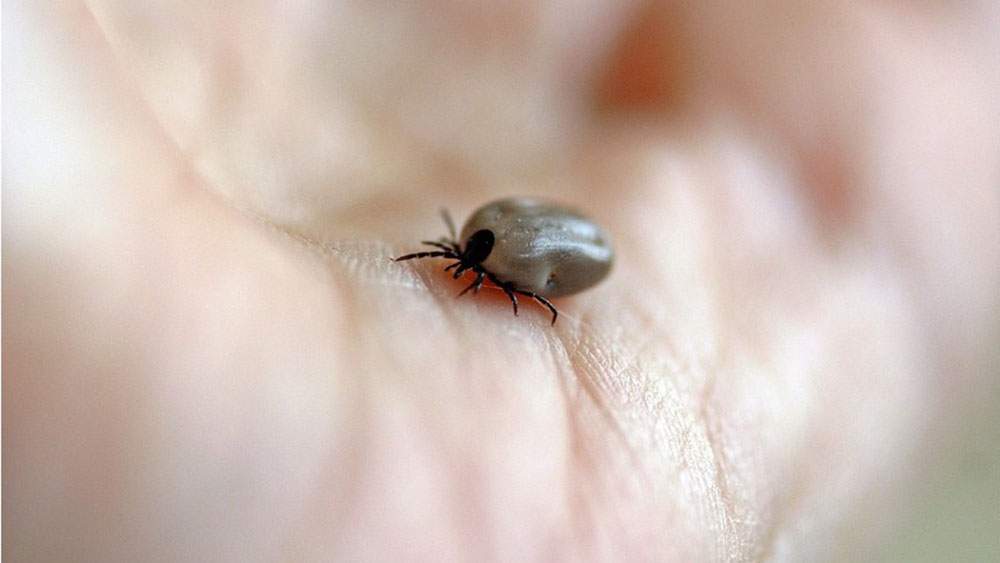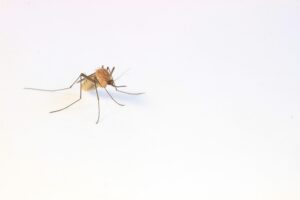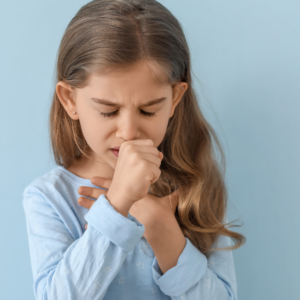Information on the TBE vaccines
Every day, we in the paediatric outpatient clinic receive questions from concerned relatives about TBE vaccination. Early summer meningoencephalitis (TBE) is a viral disease that leads to inflammation of the brain, meninges and central nervous system. About one to two weeks after the tick bite, flu-like symptoms with fever, headache, vomiting or dizziness initially appear for a few days. Neck stiffness is one of the typical symptoms of the disease. It can lead to permanent damage such as paralysis and, in extreme cases, death. There is no specific therapy against the outbreak. The vaccine was originally developed in Austria and has now been successfully used to vaccinate children and adults for 30 years. Due to the high effectiveness of the children's vaccine, it is the only one approved for use up to the age of 16.
Vaccination recommendation:
Vaccination is recommended by the vaccination committee of the supreme sanitary council from the age of 1 (vaccination schedule), but the costs incurred are not covered by all health insurance funds. If an infant is particularly at risk, vaccination can be given from the 6th month of life.
- Partial vaccination: Best still in the cold season (until March, so that one is already protected before the spring activity of the ticks).
- Partial vaccination: 1-3 months after the 1st partial vaccination
- Partial vaccination: 9-12 months after the 2nd partial vaccination
After full immunisation, the vaccination protection lasts for at least 5 years.
Where do ticks live?
- Ticks live mainly in grass and bushes and are shed by people (e.g. also playing or crawling children)
- Ticks do not only live deep in the forest, but also in cultivated gardens and parks in the city.
Who is at risk?
- Leisure activities are by far the most common cause of TBE. All federal states are affected by the danger of ticks.
- TBE can be contracted at any age.
Note: TBE vaccination does not help against Lyme disease (a bacterial disease also transmitted by ticks).





